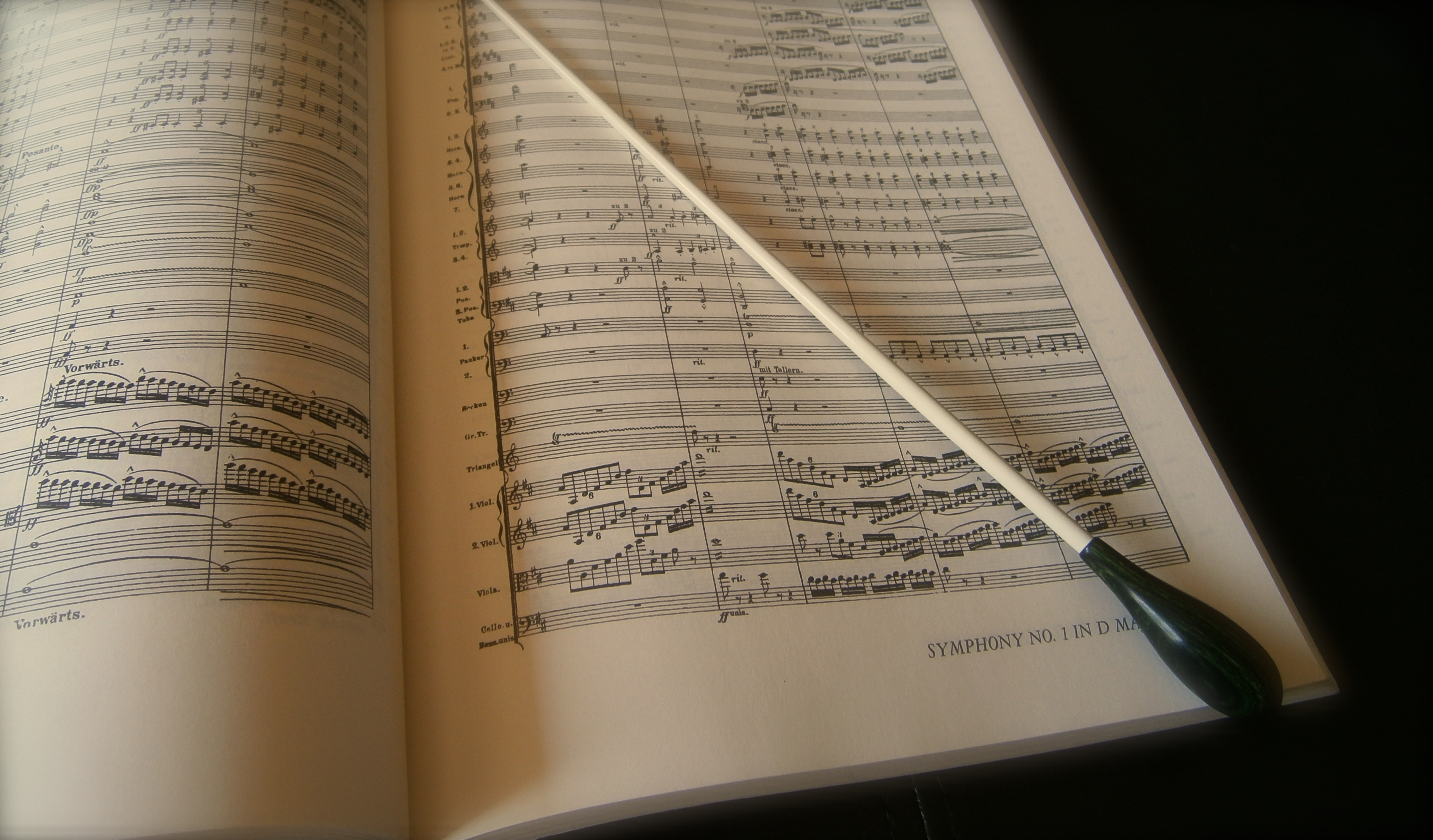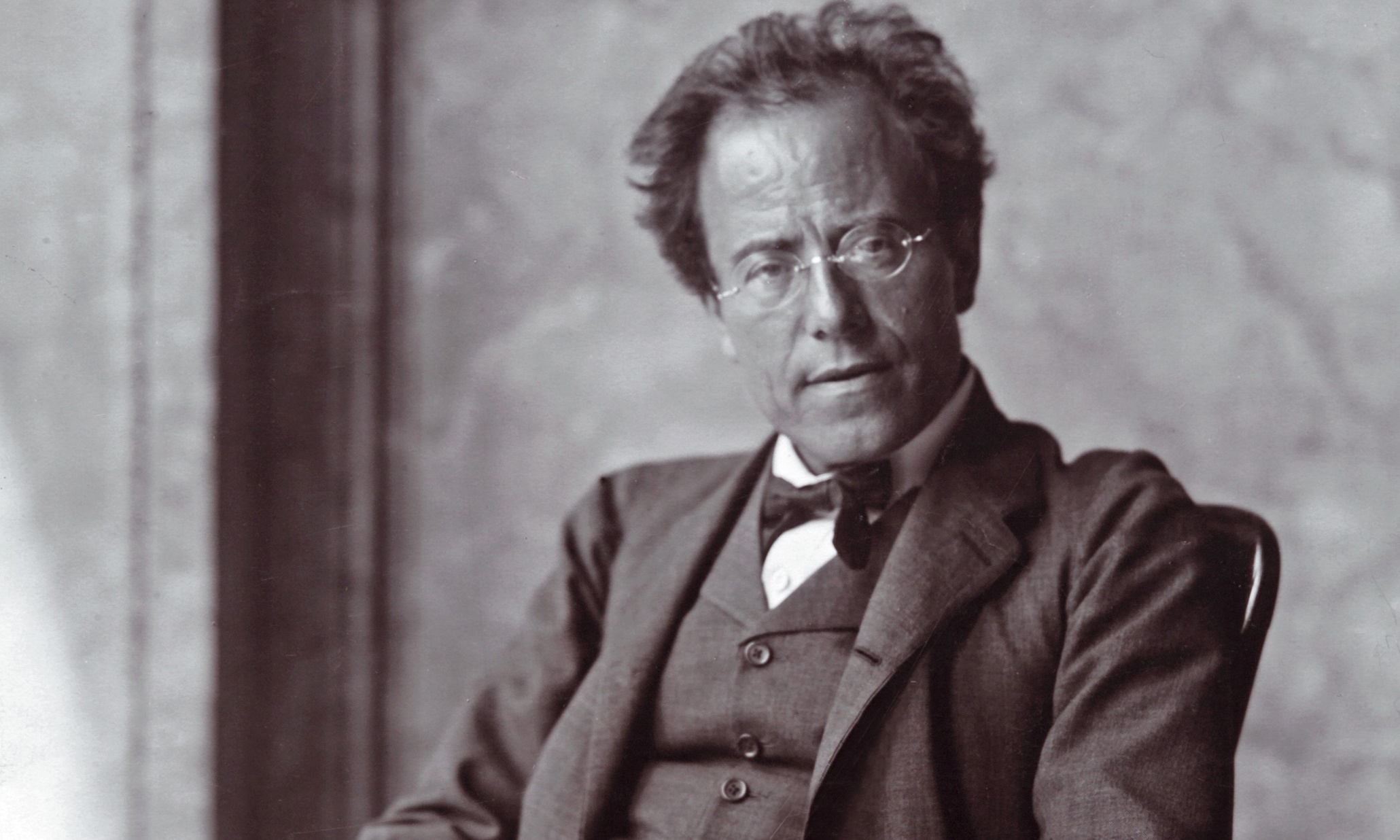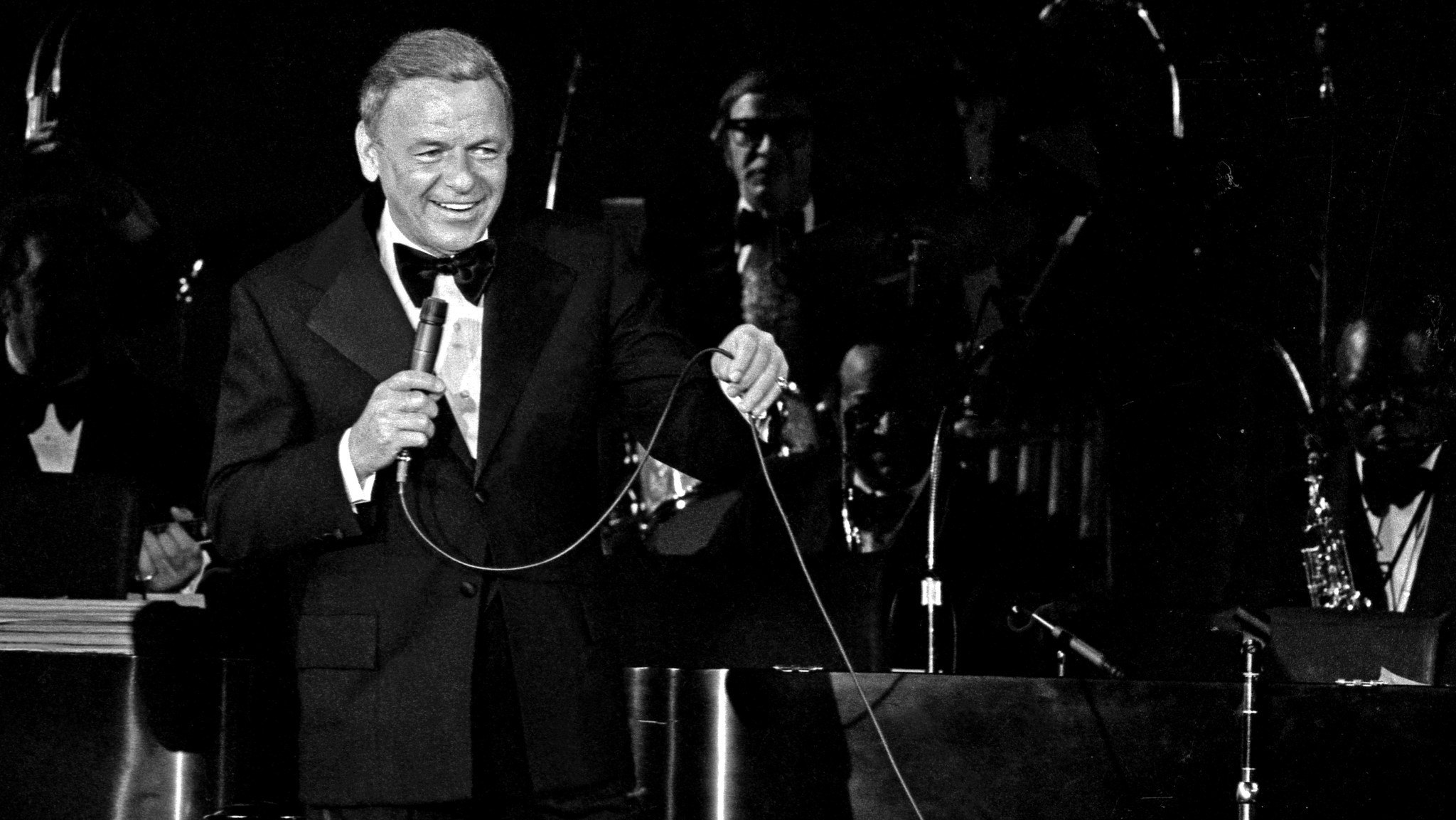How Important Are Conductors?
“Is the conductor really doing anything, or is he/she just for show? I mean, couldn’t you guys play without someone standing on a podium and waving their arms?” This is the unexpected question once posed to me by an audience member after a Richmond Symphony concert. It’s pretty much the same question that comes up in this classic comedy bit from Seinfeld. Recent news that the Dallas Symphony Orchestra paid outgoing Music Director Jaap van …







